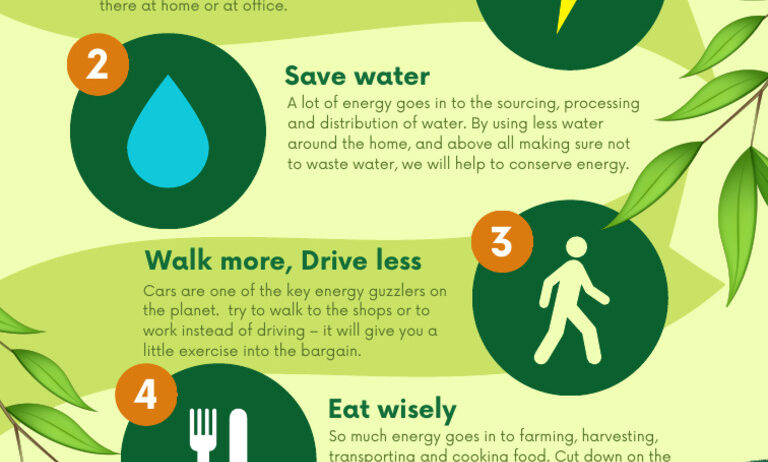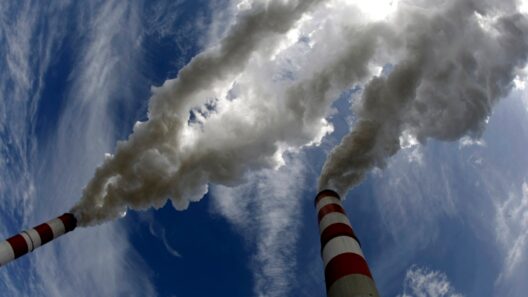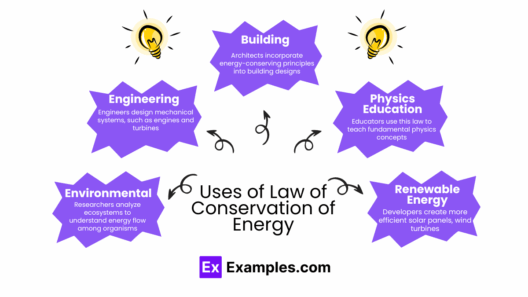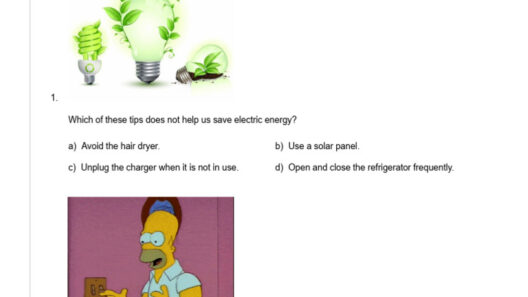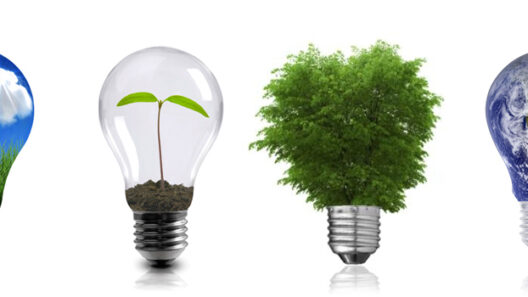Conserving energy is imperative in our modern world, as it plays a vital role in the sustainability of our planet. Embracing energy efficiency practices can lead to substantial economic savings, reduced environmental impact, and can even contribute to a more stable energy grid. Individuals, businesses, and communities all have a part to play in this essential endeavor. Below are strategies that everyone can incorporate into their daily lives to create a personal action plan for energy conservation.
1. Awareness and Education
The first step towards energy conservation is gaining awareness about energy consumption. Understand what energy is used in your home or workplace, and identify the major culprits. Tools such as energy audits can pinpoint specific areas for improvement. Educating oneself about energy-efficient appliances, renewable energy sources, and conservation concepts is crucial. Consider attending workshops or enrolling in online courses that discuss environmentally friendly practices.
2. Efficient Appliances
When it comes time to replace old appliances, seek out energy-efficient models. Look for the ENERGY STAR label, which signifies products that meet strict energy efficiency guidelines set by the U.S. Environmental Protection Agency. These appliances use significantly less energy than standard models. Beyond purchasing, regular maintenance is essential for optimal performance. Clean filters, proper ventilation, and timely repairs can ensure that your appliances operate at peak efficiency.
3. Lighting Solutions
Lighting constitutes a substantial portion of energy consumption in homes and businesses. Transitioning to LED bulbs can drastically reduce energy use compared to incandescent bulbs. Additionally, employing natural light whenever feasible can lessen reliance on artificial lighting. Consider strategic placement of mirrors to amplify natural illumination and reduce the need for additional lights. Moreover, utilizing dimmer switches and adjustable lighting can help create ambiance while conserving energy.
4. Heating and Cooling Efficiency
Heating and cooling systems are typically the largest consumers of energy in residential and commercial settings. Insulating your home sufficiently can reduce the workload on heating and air conditioning units. Seal windows and doors to minimize drafts, and consider applying weather stripping or caulking for added protection. Moreover, programmable thermostats can help regulate temperature settings, ensuring efficient use only when necessary. Scheduling regular maintenance for HVAC systems is also essential to ensure they function optimally throughout the year.
5. Water Conservation
Water heating is another significant contributor to energy costs. Installing low-flow fixtures in bathrooms and kitchens can help conserve both water and energy. Additionally, consider insulating water heaters and pipes to reduce heat loss. Utilizing cold water for laundry and investing in a solar water heater can yield lasting benefits. Awareness of water usage not only minimizes energy consumption but also aids in the preservation of this vital resource.
6. Smart Technology
The integration of smart technology into daily life can significantly enhance energy conservation efforts. Smart thermostats, for instance, learn your routines and adjust settings accordingly to optimize energy use. Smart plugs and power strips can help eliminate phantom loads—energy consumed by devices when they are turned off but still plugged in. These advanced solutions offer convenience while contributing to a broader energy conservation strategy.
7. Renewable Energy Options
Transitioning to renewable energy sources, such as solar or wind power, can drastically reduce reliance on fossil fuels. Installing solar panels can facilitate independence from conventional energy, especially in areas with abundant sunlight. Engaging with local solar initiatives or even joining community solar projects can provide access without the need for personal installation. Investigate local and federal incentives that promote renewable energy adoption, as these can ease the financial burden.
8. Transportation Efficiency
Transportation is another critical area where energy conservation can be impactful. Consider alternative modes of conveyance: walking, biking, carpooling, or utilizing public transportation. If driving is necessary, maintain your vehicle properly to ensure fuel efficiency. Assessing your driving habits can also reveal opportunities for improvement. Practicing smooth acceleration and deceleration, maintaining a steady speed, and minimizing idling can enhance fuel economy.
9. Behavioral Modifications
Sometimes, the most impactful changes come from simple behavioral adjustments. Establishing household guidelines for energy use can cultivate a culture of conservation. For instance, turning off lights when departing from a room, unplugging devices that are not in use, and embracing a ‘shorter shower’ policy can contribute immensely. Encourage family members and friends to participate in energy conservation efforts. Collective awareness often leads to better habits and initiatives.
10. Community Advocacy
Beyond individual actions, community mobilization can drive significant energy conservation efforts. Engage with local organizations, attend town hall meetings, and advocate for policies favoring renewable energy projects and energy efficiency programs. Collaboration between individuals, businesses, and local authorities can lead to large-scale changes that benefit the entire community. Initiatives such as local energy conservation campaigns or workshops can foster a sense of shared responsibility among residents.
Conclusion
Energy conservation is not just a responsibility; it is an opportunity for innovative approaches to sustainability and economic savings. By implementing these strategies, individuals can proactively contribute to a greener future. The benefits of energy conservation extend beyond immediate financial savings; they play a crucial role in mitigating climate change and preserving our planet for future generations. A concerted effort from everyone, at every level, is essential for achieving a sustainable and energy-efficient world.



